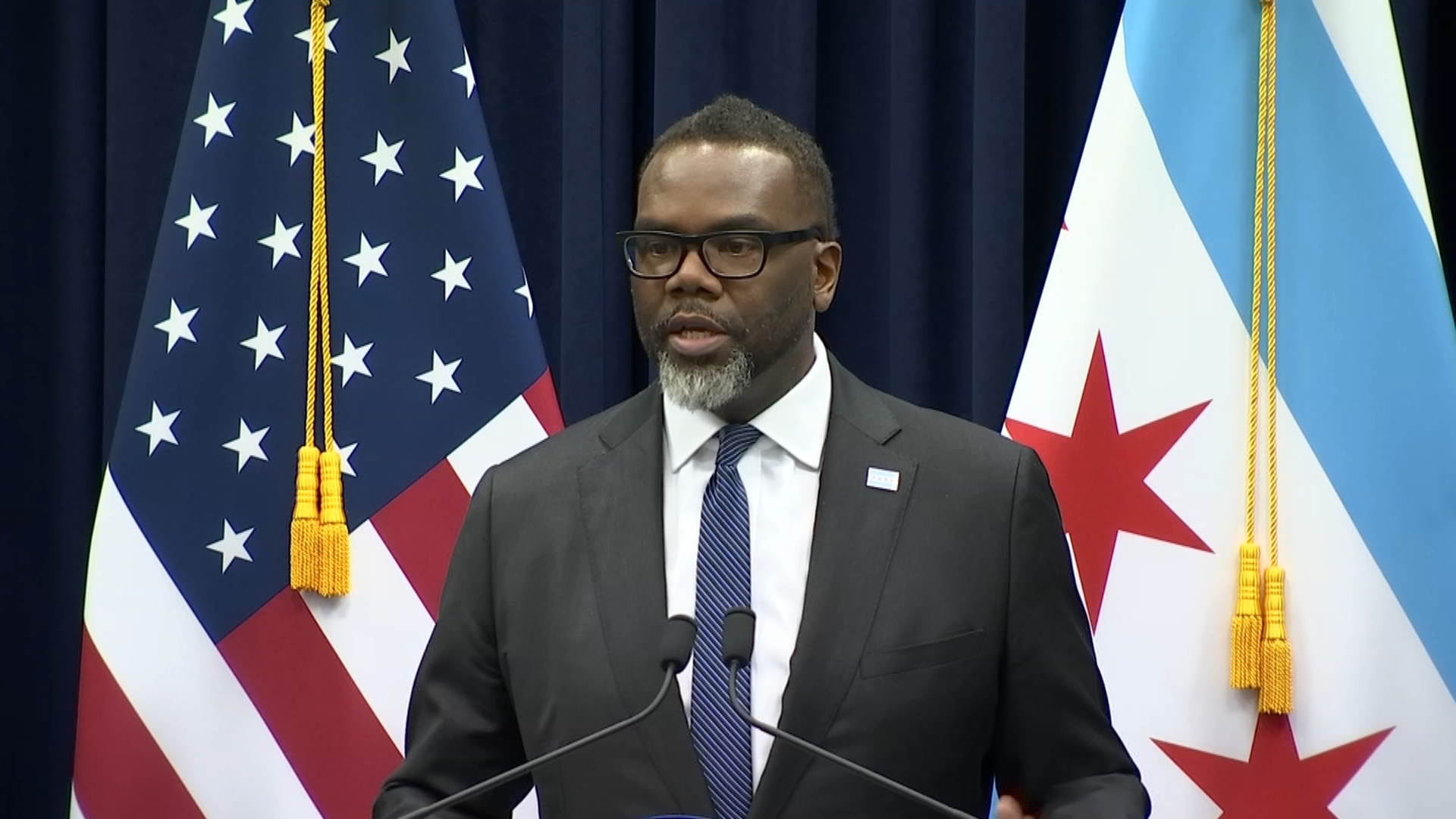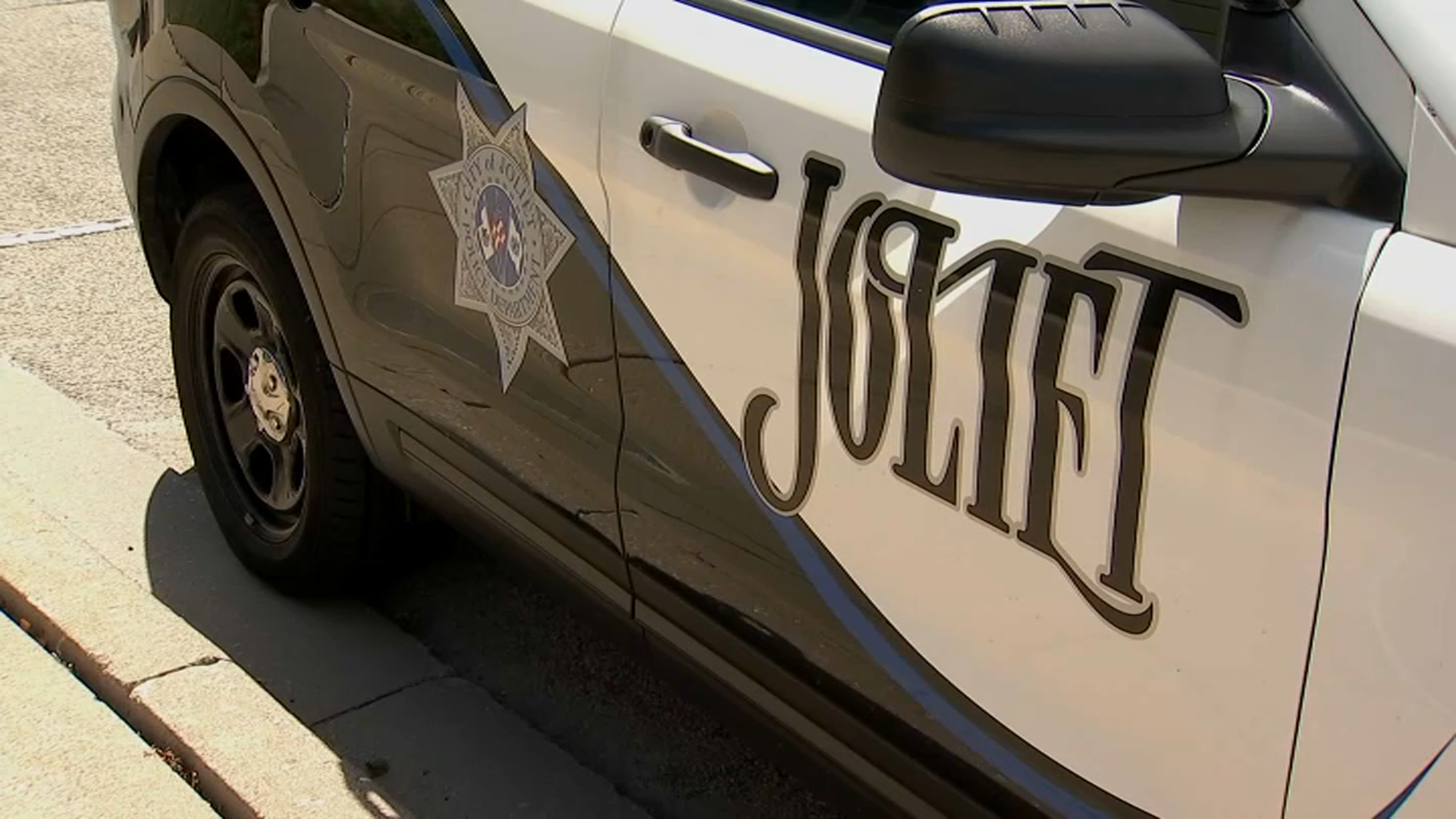An attorney for an Illinois teenager arrested for allegedly trying to ignite what he thought was a car bomb outside of a Chicago bar said Monday that federal undercover agents may have improperly lured his client into the act.
"A lot of questions ought to be asked as to why they want to detain him," attorney Tom Durkin told reporters after his client, 18-year-old Adel Daoud made an initial appearance in a federal court. "
They started the investigation, according to their complaint, in October of 2011. And I guess he wasn't too dangerous until last Friday night."
Daoud is charged with attempting to use a weapon of mass destruction and attempting to damage and destroy a building with an explosive.
Durkin said agents apparently wooed Daoud into participating by telling him a fictitious religious leader overseas wanted him to engage in terrorism. Durkins said that contradicted the teen's own imams' instructions not to engage in violence.
"I've never seen that before," said Durkin, who has represented similar such cases in Chicago. "I find it rather astounding."
Daoud was arrested Friday after allegedly trying to set off a triggering device that was part of a fake mechanism set up by FBI agents as a part of a sting. The U.S. Attorney's Office has said that the device was harmless and the public was never at risk.
The FBI has used similar tactics in counterterrorism investigations, deploying undercover agents to engage suspects in talk of terror plots and then provide fake explosive devices.
In 2010, a Lebanese immigrant took what he thought was a bomb and dropped it into a trash bin near Chicago's Wrigley Field. In a 2009 case, agents provided a Jordanian man with a fake truck bomb that he used to try to blow up a 60-story office tower in Dallas.
Local
Judge Arlander Keys delayed a ruling Monday on whether to grant bond for Daoud, saying he would decide the matter at another hearing Thursday.
Durkin questioned how federal agents apparently approached Daoud after discovering he was active in jihadist Internet forum.
"I've had terrorism cases," Durkin said. "This doesn't smell like a terrorism case. There's something wrong with it."
Prosecutors did not speak to reporters after Monday's hearing. But in filings, prosecutors said Daoud was offered several chances to change his mind and walk away from the plot.
Daoud walked into court with his legs and arms shackled. He sported a thin beard and thick, curly, shoulder-length hair. He smiled as he whispered to his attorney and fidgeted with his jumpsuit as he stood before the judge.
Daoud's father, Ahmed Daoud, began weeping as he tried to approach his son, a U.S. marshal stepping between the two and telling the father he wasn't allowed to speak with the teen.
"Salam," Adel Daoud said in a soft voice to his father as marshals led him away. Salam is an Arabic word for peace.
The father pounded his hand on a door frame as he left the room, and acquaintances tried to console him.
"I can't see my son. It's not fair," Ahmed Daoud said.
Durkin also said his client is immature for his age. Counselors from the Chicago-area school he graduated from earlier this year, the Islamic Foundation School, described him as "socially awkward," Durkin said.
After Daoud began talking to undercover agents, an affidavit says, the third agent and Daoud met six times over the summer and exchanged messages. Daoud then set about identifying 29 potential targets, the document said, and settled on a downtown bar.
He conducted surveillance on it, the affidavit said. The document does not identify the bar, but says he told the agent it was also a concert venue by a liquor store.
Friday evening, Daoud drove with an undercover agent to downtown Chicago; they entered a parking lot where a Jeep Cherokee containing the phony bomb was parked, the document says.
Daoud drove the vehicle and parked it in front of the bar, then pressed a triggering mechanism as he walked away, the affidavit says. He was then arrested.
In his conversations with the undercover agent, Daoud explained his reasons for wanting an attack, saying the United States was at war "with Islam and Muslims," the affidavit said.
The document says he was trying to recruit others and was confronted by leaders of his mosque who warned he should stop. The affidavit said Daoud's father was aware of his son's discussions and told him to stop talking about it.



